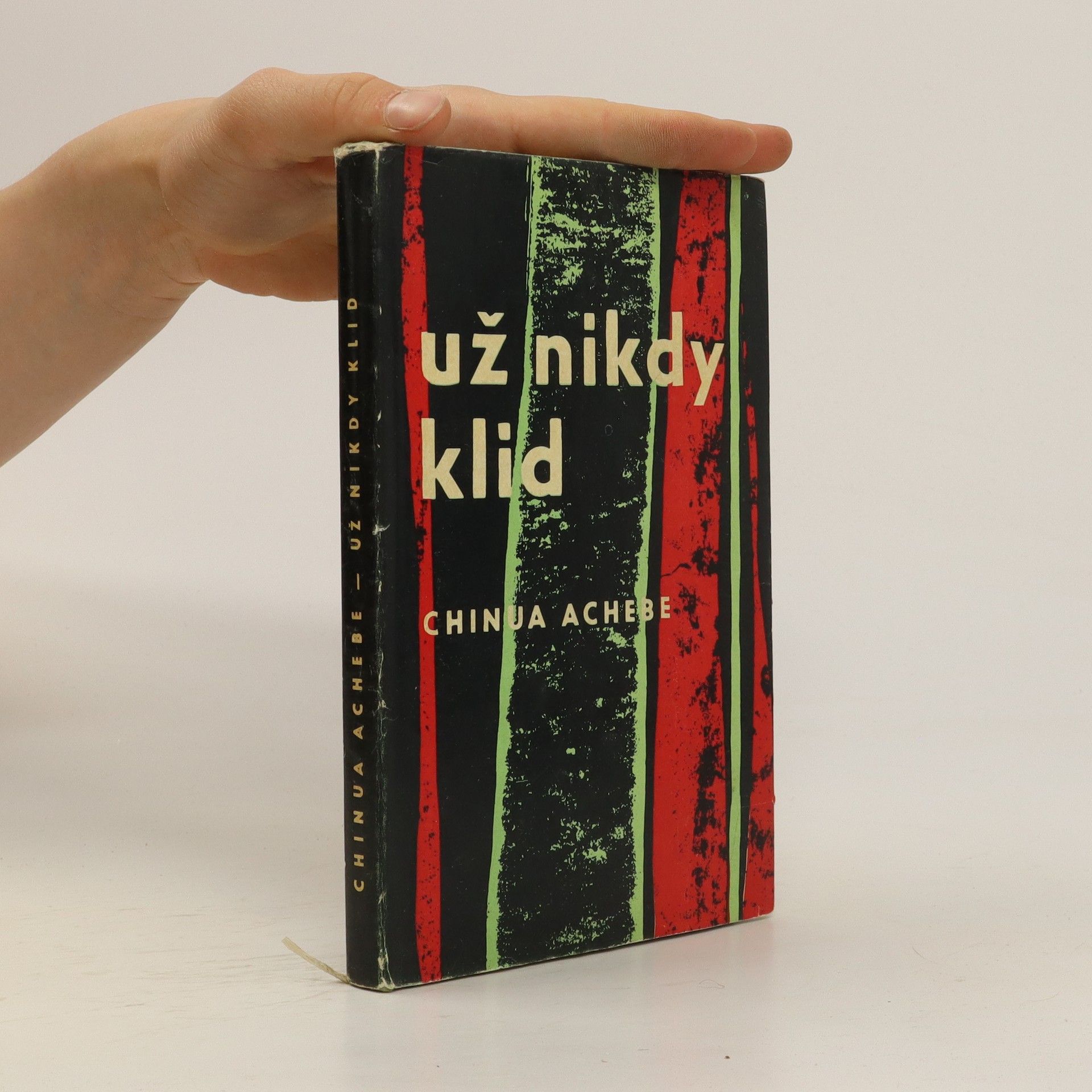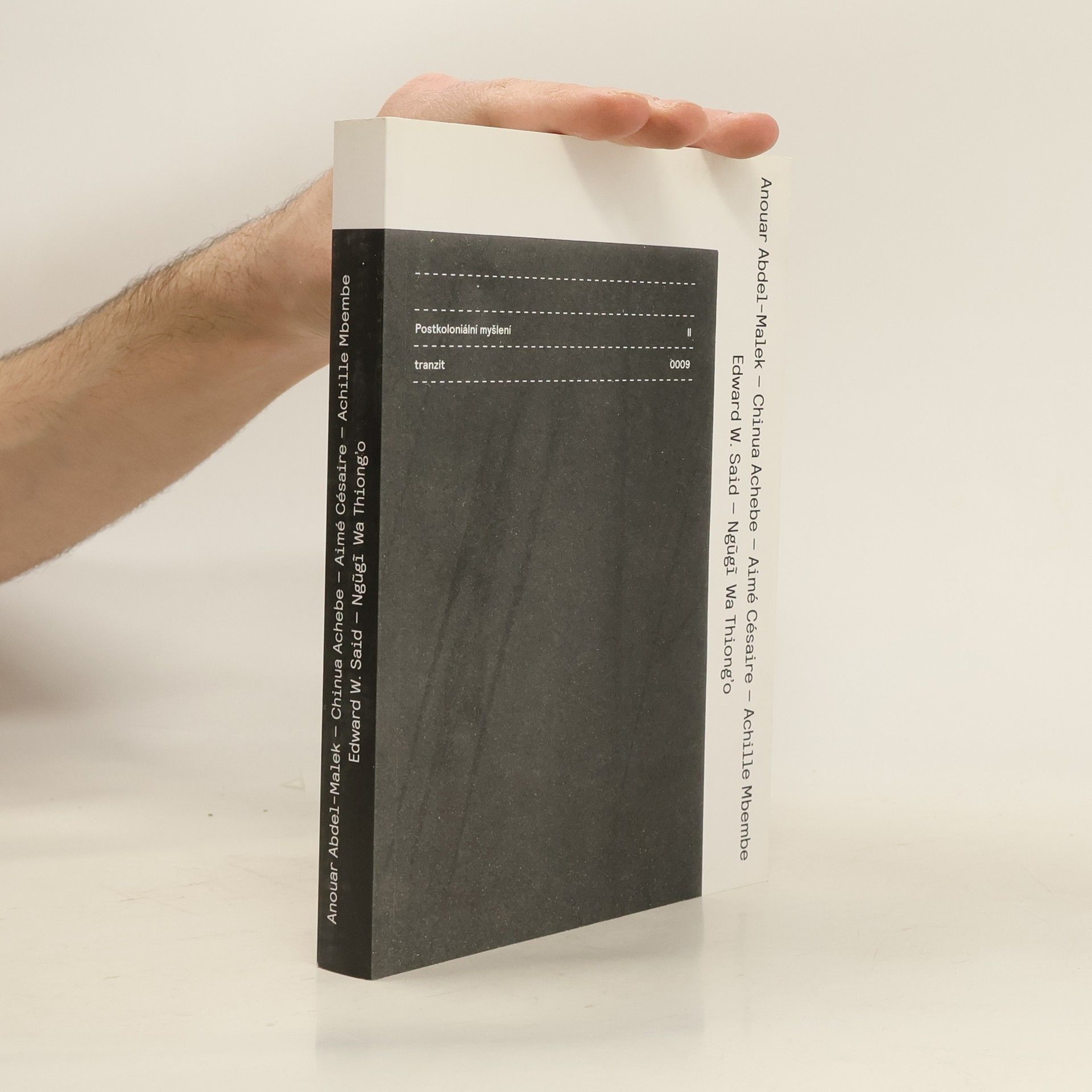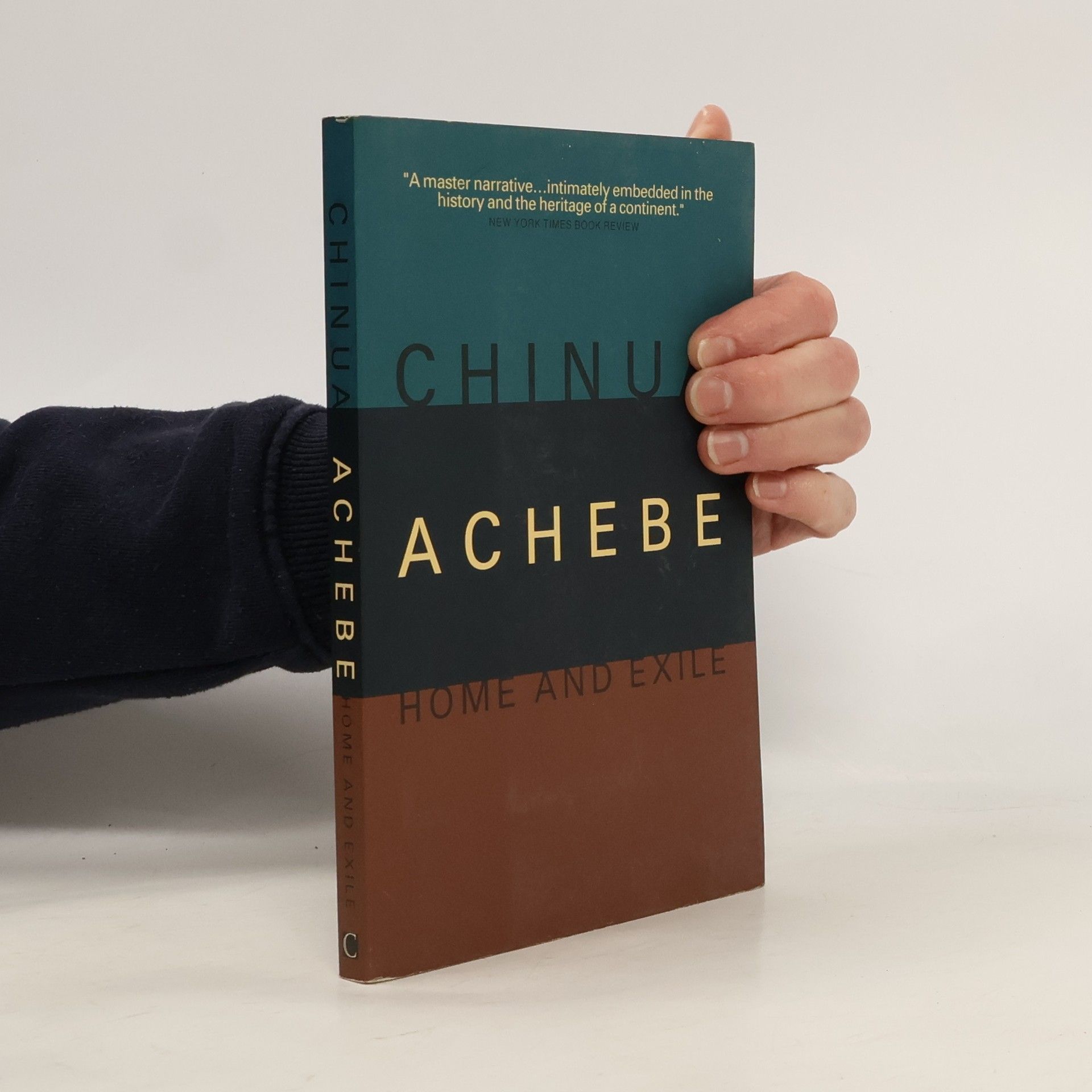Svet sa rozpadá
- 176 stránok
- 7 hodin čítania
V románe Svet sa rozpadá Chinuu Achebeho ide o klasické rozprávanie o kataklizmatickom stretnutí Afriky s Európou, ktorá na kontinente vytvára koloniálnu prítomnosť. Prostredníctvom fiktívnych zážitkov Okonkwa, bohatého a nebojácneho igbského bojovníka z Umuofie na konci 19. storočia, skúma márny odpor jedného muža voči znehodnocovaniujeho igbských tradícií britskými politickými a náboženskými silami a jeho zúfalstvo, keď jeho komunita kapituluje pred novým mocenským poriadkom. Svet sa rozpadá je jedným z najosvetľujúcejších a najtrvalejších pamätníkov africkej skúsenosti. Achebe nielenže zachytáva život v predkoloniálnej africkej dedine, ale sprostredkúva tragédiu straty tohto sveta a zároveň rozširuje naše chápanie súčasnej reality.







